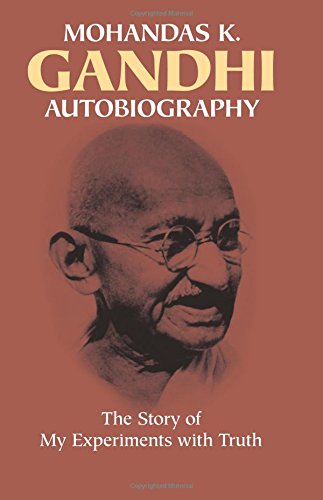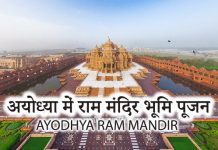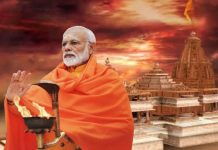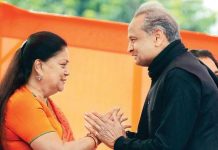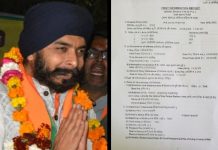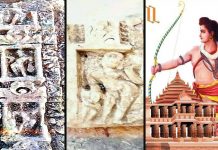 As I finished reading the book ‘The Story of My Experiments With Truth‘, which many Indians and foreigners recommended to me, it makes me wonder about the hate that a man like Mahatma Gandhi has started generating in the recent times. The man, from what I could learn about him from his autobiography seems to be a pure soul. One thing I’d recommend though, even if you don’t like him, the man was no ordinary man and hence a great deal could be learnt from his life experiences. Here are a few things which I found about him.
As I finished reading the book ‘The Story of My Experiments With Truth‘, which many Indians and foreigners recommended to me, it makes me wonder about the hate that a man like Mahatma Gandhi has started generating in the recent times. The man, from what I could learn about him from his autobiography seems to be a pure soul. One thing I’d recommend though, even if you don’t like him, the man was no ordinary man and hence a great deal could be learnt from his life experiences. Here are a few things which I found about him.
A Voracious Reader
I consider myself an avid reader, but one thing I’ll say that the number of books I’ve read till date, Mahatma Gandhi probably read that many when he was 9 or 10. Mahatma Gandhi used to read about many a subjects, from Christianity to Veganism and what not. He also read a lot of books about other religions, and his belief in God wasn’t without proper knowledge and thinking. I admire the fact that everything that he did in his life was after acquiring proper knowledge. It is something which we could learn from ‘the great soul’ and incur in our lives.
Idealism
When I talk to my friends and acquaintances about idealism, many of them share a similar opinion saying that there’s no need for idealism in the modern world, which I find not true. Mahatma Gandhi for me, is the benchmark for idealism. The man always impressed me with his idealism, and his thought process left a good impression on me. From him I learnt that it is not a man who is good or bad, rather it is his or her actions. He never judged a person by their job, or by their religion, which is what we do even today. It is rather shameful that even today in the modern society the caste and job of a person decides the respect that he or she gets in the society.
Utterly shameful.
No Job is Big or Small
For those of you who don’t know the background of Mahatma Gandhi, his father was a big man in Porbandar in those days. He was the diwan of the city and fairly well to do in those days. The respect that he commanded in the city was also enormous. I mentioned the details about his father because after reading about Gandhiji’s background, it surprised me that a man who comes from such a family found absolutely no shame in doing odd jobs. That includes cleaning human excreta, digging pits, serving as a red cross volunteer in wars, taking care of patients during epidemics, farming, carpentry and what not. When he said that no job is small, he meant it.
Orthodox
One thing I didn’t like about him was his orthodox nature. In my opinion, he did not treat his wife the way women are supposed to be treated. While he was studying in England, he left her back in India waiting for him. It seemed as if she had absolutely no right in decision making, and to me it seemed as if he forcefully imposed his way of life on her, because of which she had to suffer a lot.
Truthful
Whatever his actions in life, good or bad. He never felt shame in accepting them. In the book, he accepted the lust that he felt for his wife in his youth, and regret he felt because of it. That was really bold. Not only this, any bad decision that he took, anything that he afterwards regretted he accepted with full confidence. Though I’d disagree the way he makes up for his mistakes, the way he accepts them is something that we should learn from.
What I felt after reading his autobiography was that the pseudo nationalists in today’s India are doing a good job in spreading hatred about such a great man. Instead of learning from the life of such a man, here we are, finding all the wrongs in him.


